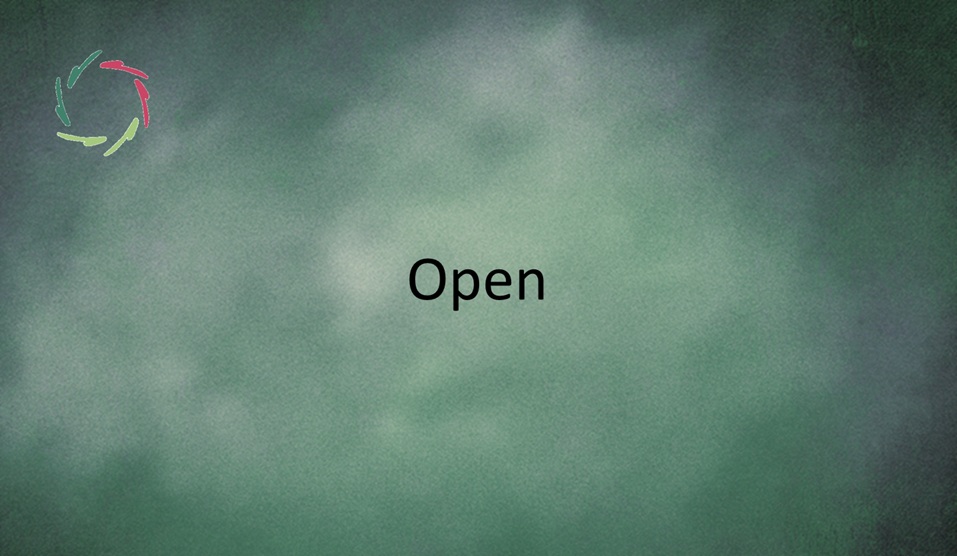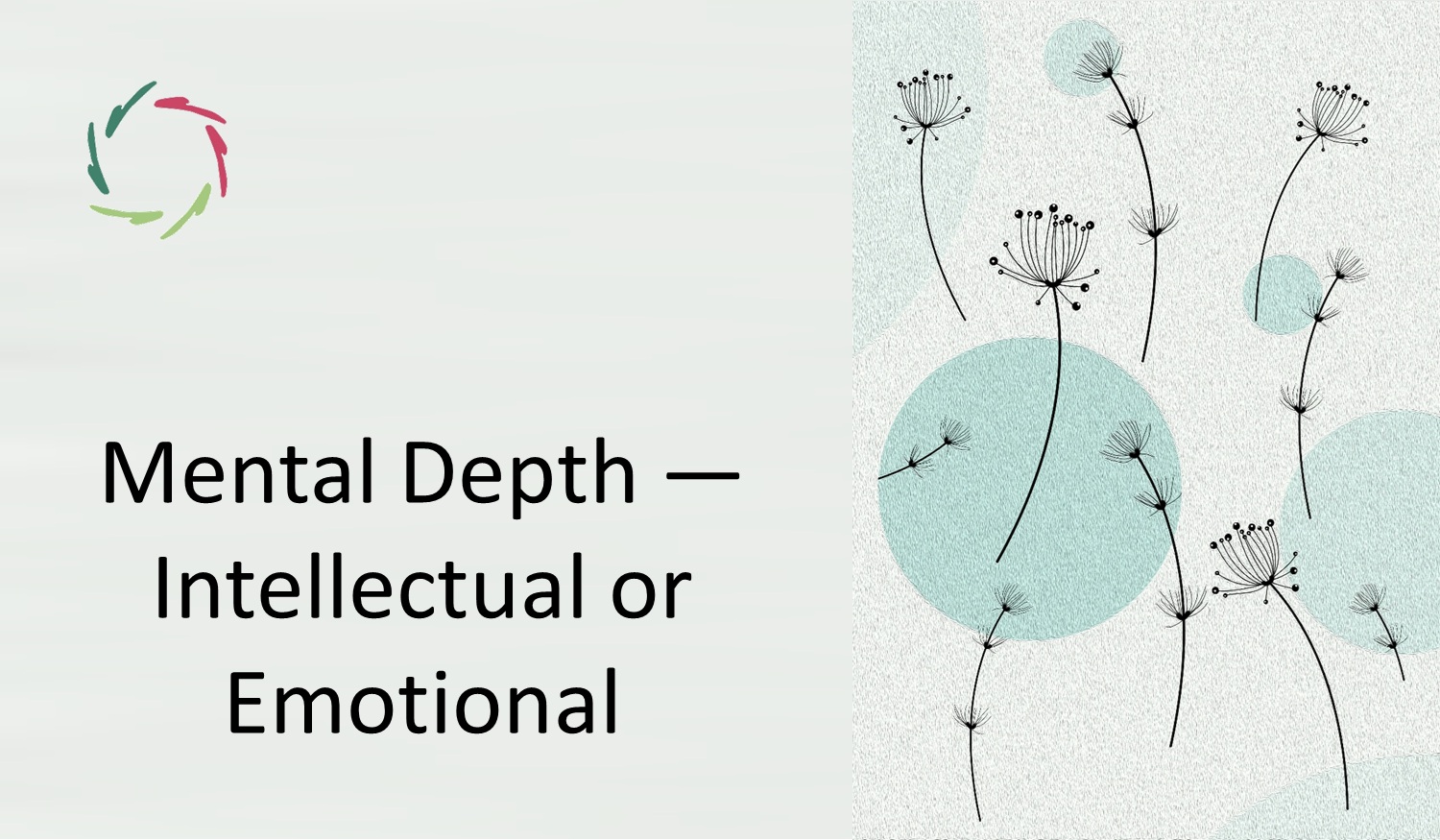How can I Be Conscious?

When it’s about oneself, the question becomes somewhat more ‘urgent’ than the formal consciousness question. One delves into the own experience and doesn’t readily find an answer. A more personal take may be warranted. Here are a few ideas that may help.
A warning first.
Being personal, the question might confuse some. The solid ground of the self may shift. Descartes found fundamental solidity purely in his conscious thinking. A large part of Western culture has been built on that, including what is, to many, also a personal ground.
Therefore, it’s good to know that the answer leads to a more solid ground ― one that meanwhile may relieve much unnecessary suffering and enhance growth. Indeed, one that eventually leads to Compassion. It’s worth the effort.
Although consciousness may seem magical, no magic is involved, nor a reducing-away of a magical feel ― quite the contrary.
“How can I be intelligent?”
It may not look like it at first sight, but this has the same ‘magical quality’ as the title’s question. It used to be equally mind-boggling many years ago, but we’ve become used to inventions that take on characteristics of what people found intelligent earlier on — for instance, a hand calculator, a personal computer, and now GPT-technology. At every turn, the intelligence concept has receded to what we ourselves can accomplish.
But how can one BE intelligent?
Without magic, there is no magic. If a system does everything an intelligent system does, then it’s intelligent. There is no magical ‘intelligence essence’ on top of that. The doing is the being, just seen from a different perspective.
A similar disappearance of something magical has occurred in the field of life, formerly seen as a mysterious ‘élan vital,’ now concocted as artificial self-reproducing life in a lab (Craig Venter Institute in San Diego) ― no ‘life essence’ anymore.
Your finger and your nose
A perhaps unexpected answer to the title’s question lies in a simple experiment. Put your finger on your nose. Does this lead to one experience (finger on nose) or two (nose, finger)?
Because of the difference in distance between nose-brain (7 cm; 3 inches) and finger-brain (1 m; 3,5 feet), the information reaches your brain with a time difference that is definitely enough so there should be two experiences.
How can you then be conscious of the one? How can you be not conscious of the two? Did one of them just vanish, or did they merge? Apparently, something in-between (namely, part of your brain) creates the one experience from the dual input. There is a doing (the creation) that is also a being, just seen from a different perspective. Your conscious experience in this is the experience of what your non-conscious does.
The terminology may be confusing, but if a system does everything a conscious system does, then it’s conscious ― whether or not it’s called ‘non-conscious’ (which it mostly is).
There is no magical ‘consciousness essence’ on top of that. Of course, if one starts with the certitude that something magical must be involved, it’s difficult to see through it.
TMS/EEG
This is a recently developed way of investigating the brain that sheds profound light on the nature and flexibility of consciousness. This shows not to be one unitary thing, but something continually in motion.
See TMS/EEG – A Stone in a Pond.
This continual change may additionally show why it’s hard to pinpoint your personal experience. The moment you start ‘getting it,’ it’s already shifted into another mode. Of course, the most significant shift happens when you fall into a deep sleep, and your conscious experience quite suddenly vanishes.
The latter happens every day, and there is nothing to worry about it ― as long as you wake up after a while.
A split brain becomes two brains.
Suppose you happen to be an unfortunate split-brain patient. In that case, your previously singular brain has been cut into two separate halves by slicing your corpus callosum right through to prevent your epilepsy from crossing to the other side. Hopefully, the operation made you feel better.
Intriguingly, you now have two separate ‘brains’… and two consciousnesses. Each of both operates autonomously. Each can ask itself the title’s question and come up with a different answer. One can talk about it while the other writes down something different. Can you imagine what that feels like?
The most amazing aspect of this is how relatively easily and quickly it comes about.
Back to the real you
I hope these ideas and thought experiments may help you get some feel of what it is to be conscious. As I keep repeating, no magic is required.
The more you delve into it, the more you can appreciate the open complexity of who you are. There is no reducing-away-into-matter involved in this. On the contrary, it leads to an in-depth validation of who you are:
A jewel that happens to live on a vulnerable blue dot in an infinite universe and with the gift of conscious self-appreciation.
Please value yourself as such.


